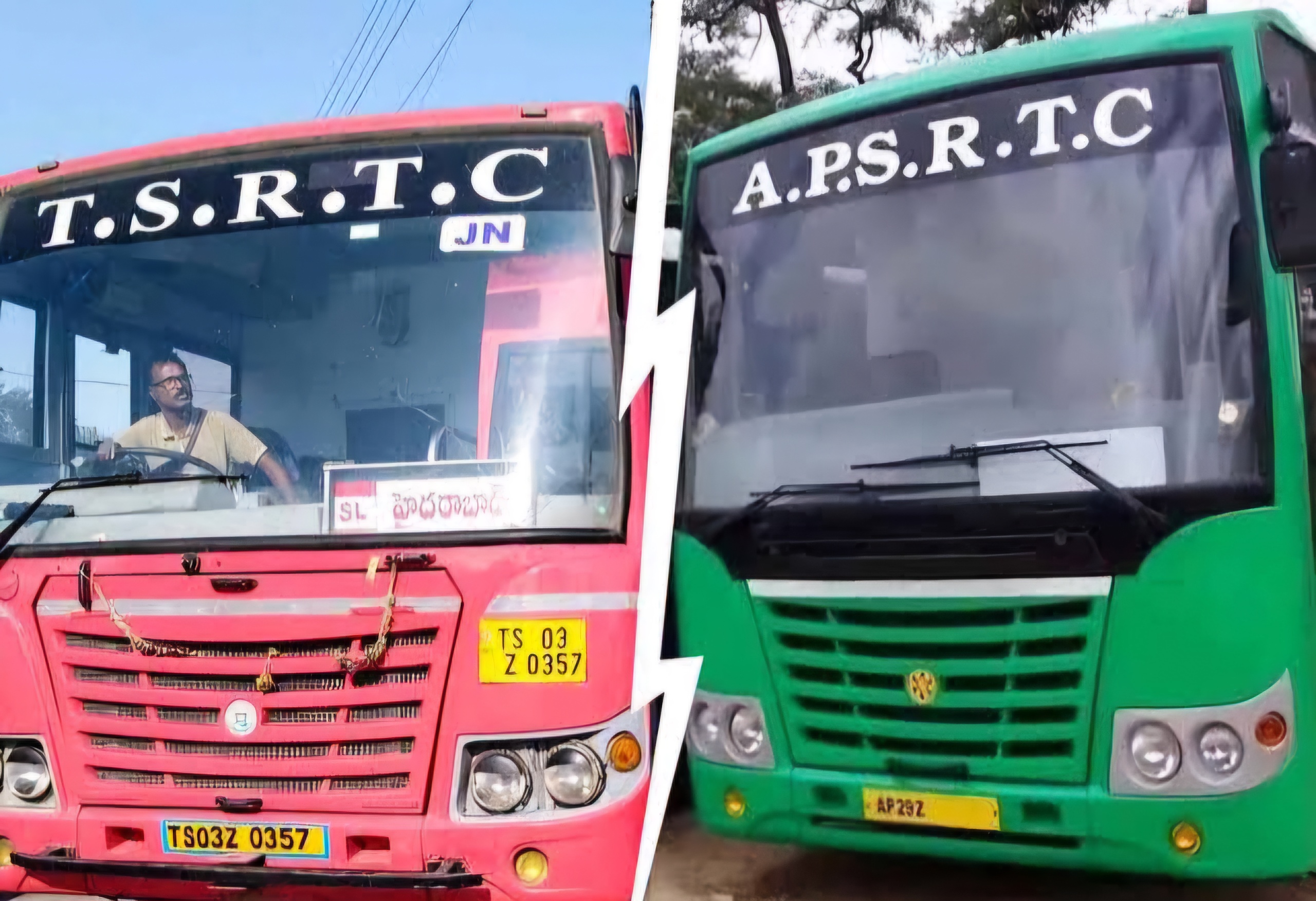


On September 6, 2024, the Incomparable Court of India conveyed a basic judgment with respect to the assignment of representatives between the Andhra Pradesh State Street Transport Enterprise (APSRTC) and the Telangana State Street Transport Enterprise (TSRTC). The requests stemmed from a choice of the Andhra Pradesh Tall Court, which had ruled on the repatriation of workers taking after the bifurcation of the state of Andhra Pradesh in 2014.
Foundation of the Case
The case emerged after the bifurcation of Andhra Pradesh beneath the Andhra Pradesh Revamping Act, 2014. Taking after the state's part, APSRTC, which initially worked within the bound together Andhra Pradesh, was isolated into APSRTC for Andhra Pradesh and TSRTC for Telangana. The workers in address were fundamentally Course III and Course IV laborers, such as conductors and drivers, who had been deputed to work within the remaining Andhra Pradesh zones but were initially enrolled for positions in ranges presently portion of Telangana.
The main issue was the validity of orders repatriating these employees to their original zones in Telangana, which were passed by APSRTC after the bifurcation. The respondents had challenged these repatriation orders, leading to a series of legal proceedings.
High Court’s Ruling
In its initial judgment, the Andhra Pradesh High Court sided with the employees, ruling that the guidelines for allocation of employees between the two corporations had not been finalized, thus quashing the repatriation orders. However, this decision was appealed by APSRTC. The division bench of the High Court later directed the permanent allocation of employees to APSRTC, where they were serving at the time of bifurcation.
Supreme Court’s Observations
The court highlighted that APSRTC and TSRTC had jointly formulated guidelines for the allocation of employees, outlined in an Agenda Note dated 16.08.2017. According to these guidelines, Class III and Class IV employees were recruited at the regional level and belonged to the respective corporation in which the region fell after bifurcation.
The judgment stated, “The regional level recruitments of Class III and Class IV employees, like drivers and conductors, were conducted based on the revenue districts they belonged to. Thus, their allocation to the respective state corporations was natural and unchallenged in light of the bifurcation and guidelines framed by both APSRTC and TSRTC.”
Final Verdict
In its verdict, the Supreme Court clarified that the High Court had failed to consider the appropriate legal framework and the guidelines laid out by the corporations. It stated that the employees were recruited at the regional level and should continue their employment in the regions under TSRTC, as mandated by Section 82 of the Act.
The court concluded: “The High Court incorrectly relied on Section 77 of the Act and failed to notice Section 82.
The division bench's ruling cannot be upheld. Therefore, the High Court's decision and order are overturned and the appeals are granted. This ruling clarifies how public sector workers would be distributed after a split and emphasizes how crucial it is to follow legal requirements and rules in these situations.
Click Here to: Download/View Related File
TAGS: APSRTC TSRTC bifurcation Andhra Pradesh Reorganisation Act Supreme Court Telangana repatriation public sector employees regional allocation